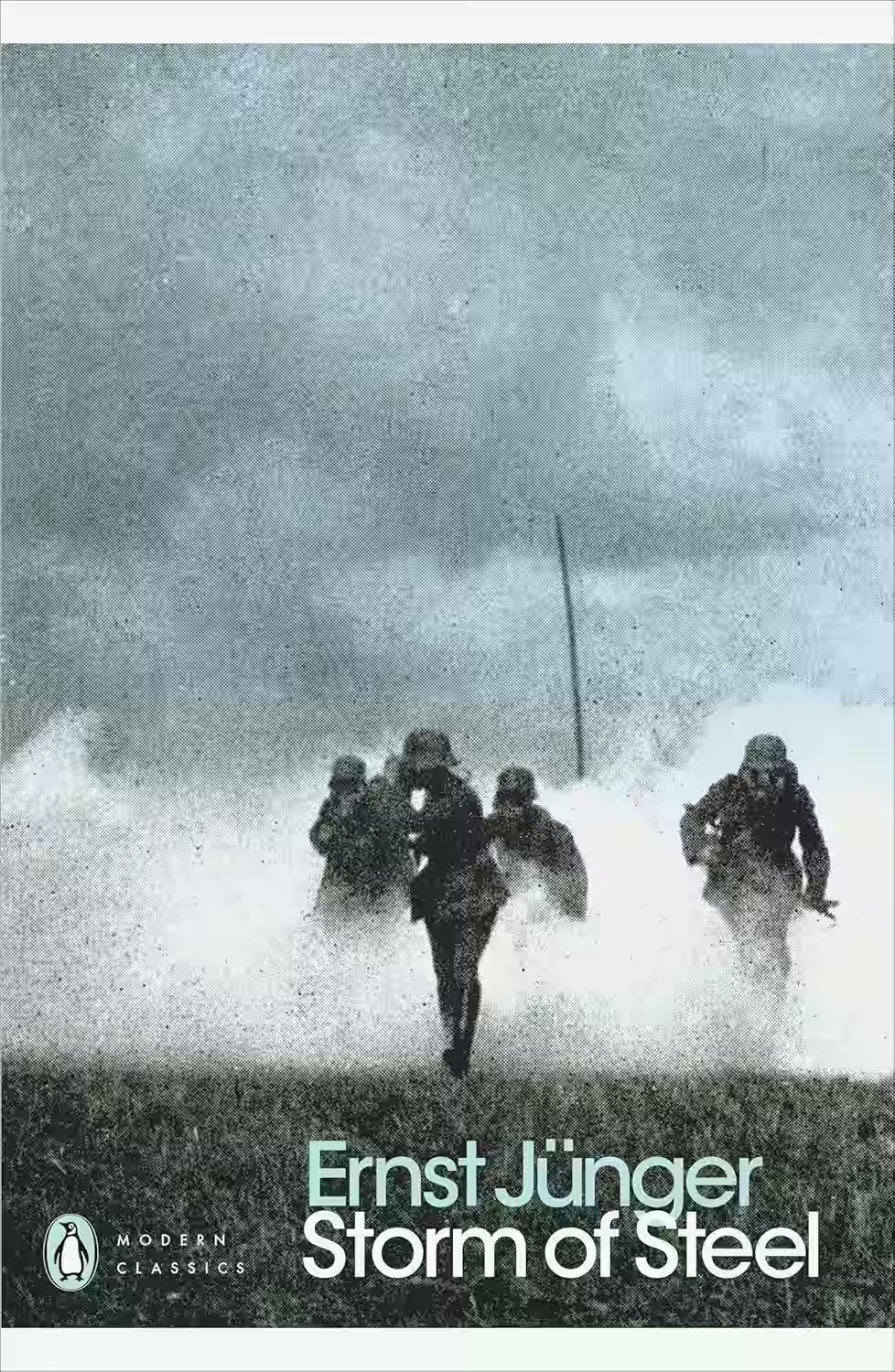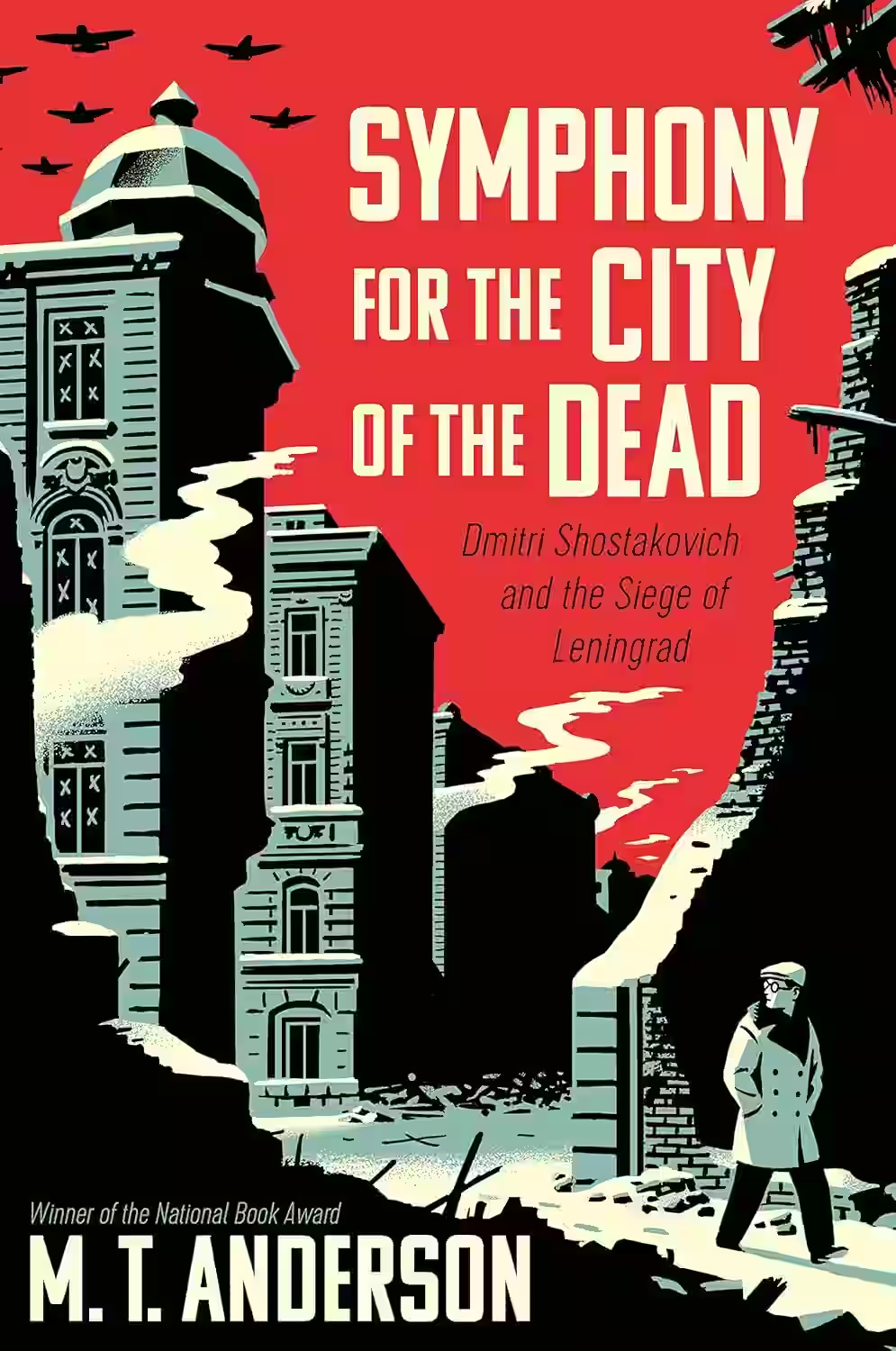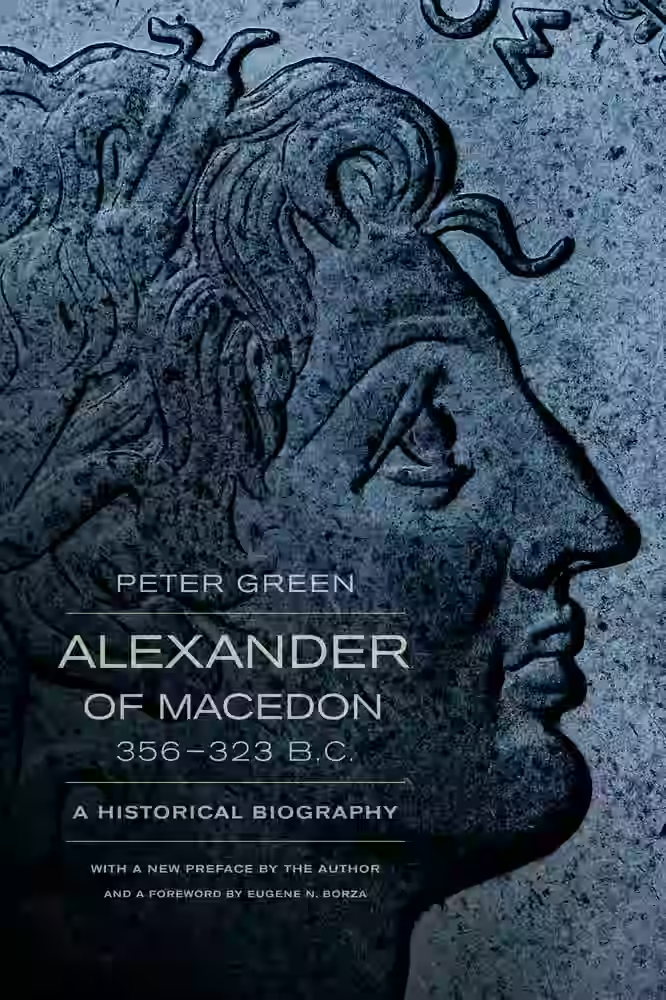
In 'Storm of Steel', Ernst Junger vividly recounts his experiences as a German soldier on the Western Front during World War I. Through his unflinching narrative, Junger explores the brutal realities of war, the camaraderie among soldiers, and the psychological toll of constant combat. His writing is both gripping and introspective, offering a raw and unfiltered glimpse into the chaos and horror of battle. Junger's descriptions of trench warfare and the desperate struggle for survival are as haunting as they are enlightening. 'Storm of Steel' is a powerful war memoir that remains relevant in its portrayal of the human condition amidst the ravages of war.
About Ernst Junger
Ernst Junger (1895-1998) was a prominent German author known for his wide-ranging literary works that encompassed various genres, including novels, essays, and diaries. Born in Heidelberg, Junger served as a soldier in both World Wars, an experience that deeply influenced his writing. His early works, such as 'Storm of Steel' (1920), vividly depict the brutalities of war and earned him critical acclaim. Junger's writing style is characterized by its sharp prose, philosophical reflections, and exploration of technology's impact on society. Despite controversy surrounding his political beliefs, Junger remains a significant figure in 20th-century German literature, influencing a generation of writers with his unique and provocative perspective.
Similar Books

With the Old Breed
by E.B. Sledge
E.B. Sledge's 'With the Old Breed' is a poignant and harrowing personal account of his experiences as a Marine in the Pacific during World War II. Through vivid and visceral prose, Sledge brings to life the brutal realities of combat, showcasing the camaraderie, suffering, and resilience of the men he fought alongside. The book delves into the psychological toll of war, the challenges of survival in extreme conditions, and the moral dilemmas faced by soldiers. Sledge's raw and honest narrative provides a deeply human perspective on the horrors of war and the bonds formed in the crucible of conflict.

Symphony for the City of the Dead
In 'Symphony for the City of the Dead' by M.T. Anderson, readers are taken on a captivating journey through the tumultuous history of Leningrad during World War II. The book intricately weaves together the life of famed composer Dmitri Shostakovich with the devastating Siege of Leningrad, offering a powerful exploration of resilience, artistry, and the human spirit amidst unimaginable hardship. Anderson's meticulous research and evocative storytelling bring to life the horrors and heroism of the city's inhabitants, while also delving into the controversial role of music in times of war. This gripping narrative is a testament to the enduring power of music and the strength of the human will.

Alexander of Macedon, 356–323 B.C.: A Historical Biography
by Peter Green
In 'Alexander of Macedon, 356–323 B.C.: A Historical Biography' by Peter Green, readers are taken on a detailed and immersive journey through the life of one of history's most legendary figures. Green masterfully weaves together historical accounts, anecdotes, and analysis to present a vivid portrayal of Alexander the Great's rise to power, conquests, and legacy. The book explores Alexander's complex character, military strategies, relationships with his contemporaries, and the lasting impact of his conquests on Western civilization. Green's narrative is both scholarly and engaging, making this biography a must-read for history enthusiasts and those intrigued by the enigmatic figure of Alexander the Great.

Calypso
In 'Calypso' by David Sedaris, the author delves into the hilarity and poignancy of everyday life through a collection of essays that tackle themes of family, aging, and mortality. Sedaris' signature wit shines through as he reflects on his family's quirks, his own experiences with middle age, and the absurdities of modern life. With a blend of humor and introspection, 'Calypso' offers a refreshing take on personal storytelling, seamlessly navigating between the laugh-out-loud funny moments and the more contemplative observations. Sedaris's keen eye for the absurdities of human behavior makes this book a compelling and entertaining read.